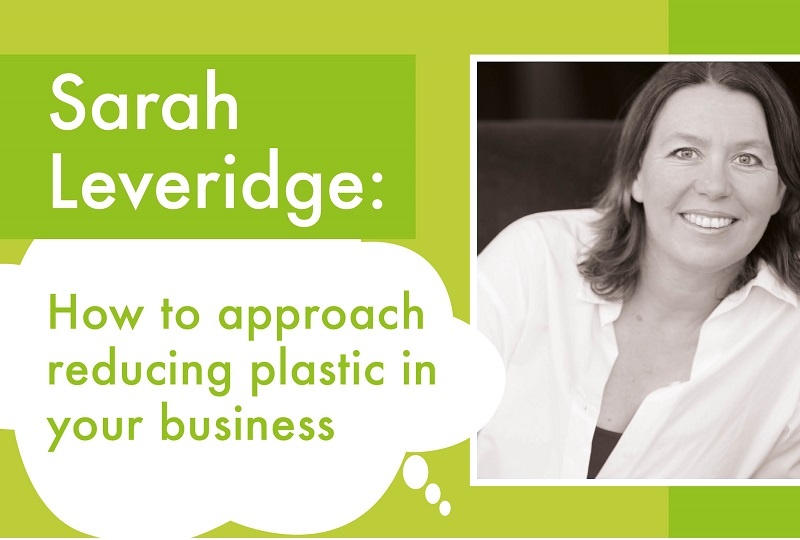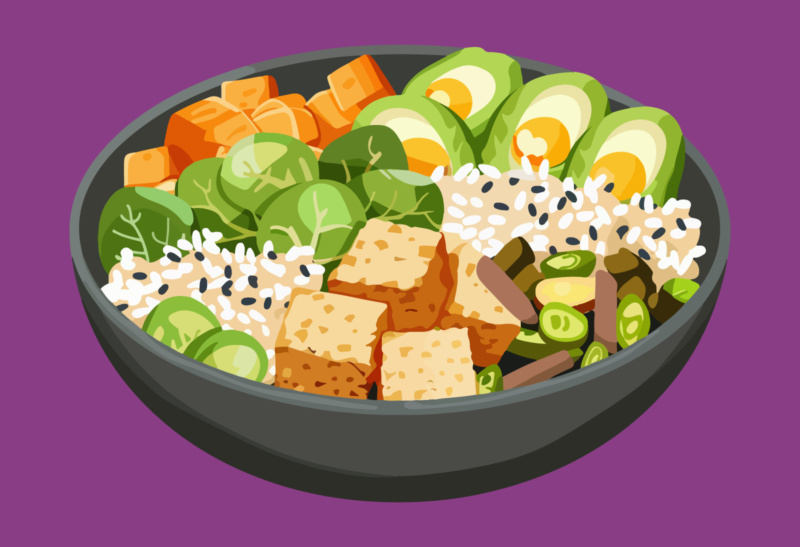My name is Sarah and I am a sustainability expert with over 30 years’ experience in the packaging industry. I have been working with Bidfood for the past year to help them put sustainability at the heart of the business, and design they’re packaging for circularity. I helped them form their plastics policy and strategy. Bidfood have made great progress and I am looking forward to seeing them lead the way in the food service arena for sustainability.
Plastic is an extremely effective material. It is lightweight, easy to mould, cheap to use and preserves the life of food products in particular. In fact, it’s a victim of its own success. It has negatives alongside the many positive qualities. With plastic being so cheap to make we have overused it and not thought of the long term effects. So many plastic products are designed to be used only once and then thrown away i.e. single use coffee cups, plastic straws and cutlery etc. We need to ensure products are designed so that they or the materials used to make them can be used over and over again. This is called “design for circularity”.
So what can you do as a business?
- Look at your waste collections
Make sure you have separate collections and your waste does not go to landfill. The government have consulted with industry and local councils and are looking at standardising all household and business waste collections UK wide. This will mean we all recycle our waste in the same way and in my opinion, we really need this. We all need to know which bin we put what in. Revenue from this will go to building state of the art recycling facilities, therefore we no longer have to see the shocking images of the developing world trying to recycle our waste.
- Encourage employees to think about their own waste
You can start by encouraging reusable water bottles, coffee cups and cutlery sets as a good starting point. Encourage them to recycle their waste when out and about; the best way to do this is to take it home as not a lot of waste from street bins gets recycled. Ask them to not use wipes and not to flush sanitary items down the toilet; they should bin and bag it. Finally, ask them to switch off lights, to not print when it isn’t really needed and close fridge doors promptly. Some of your employees could also look to use public transport or walk and cycle to work. There are quite a few “national days” such as Cycle to Work day that you could get involved with as a company.
Bidfood are looking at other materials to use when it comes to their packaging, however they are being cautious as they want to look at the life cycle of a product and the total carbon footprint before swapping to a new packaging material other than plastic. For example, switching to fibre based plastic for ready meals would have a higher carbon footprint!
It’s a complex and changing world out there but Bidfood are actively playing their part to ensure we protect our planet.



